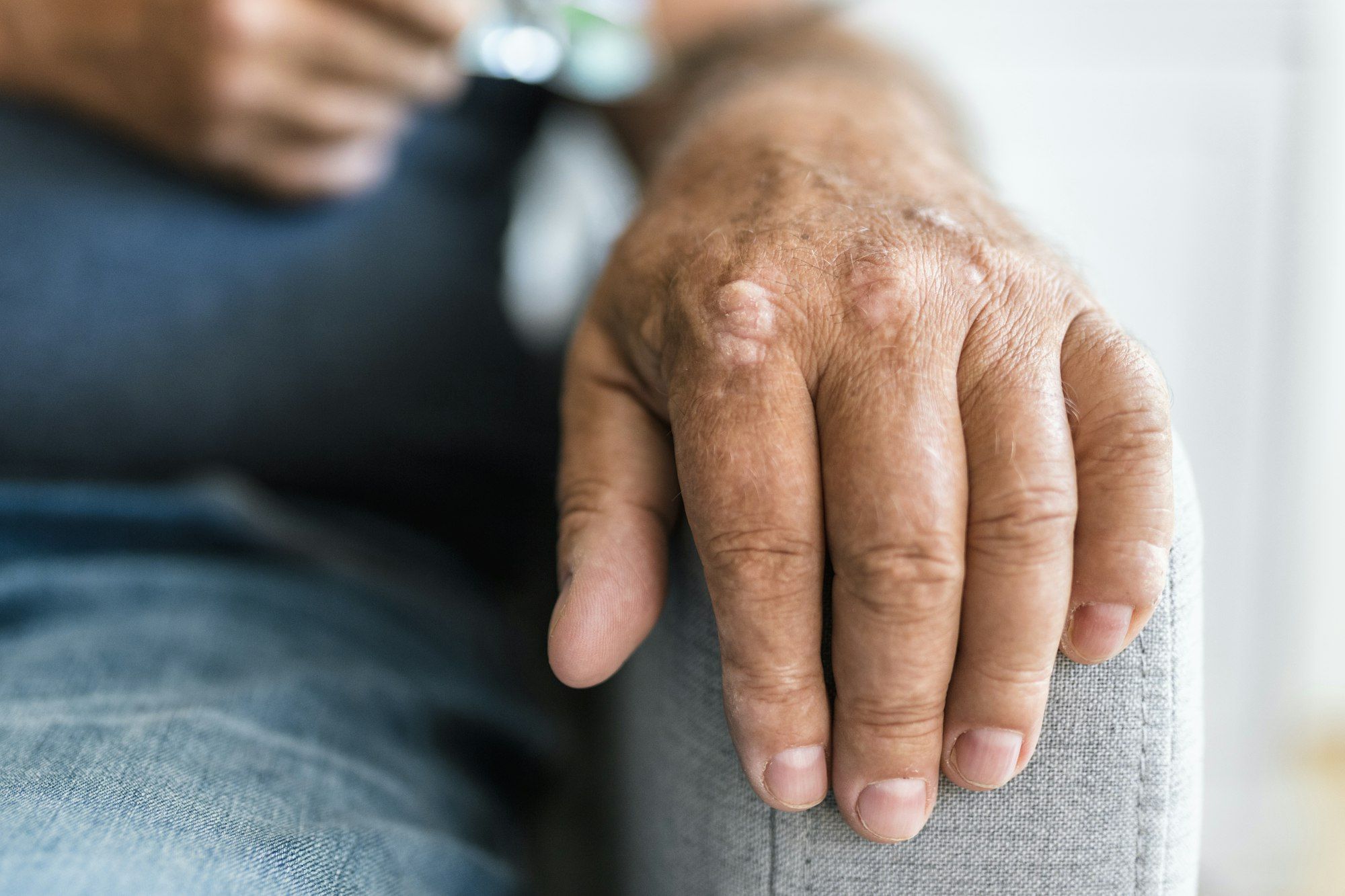As people continue their daily life, psoriatic conditions are often a worry, creating discomfort and affecting their overall health. A skin disease resulting from an overactive immune system, psoriasis is characterized by red patches covered with white scales. This article aims to provide useful, up-to-date information for patients, scholars, and health-conscious readers on the environmental triggers for psoriasis flare-ups. This knowledge can be instrumental in managing the disease and improving the patient’s quality of life.
Understanding Psoriasis
At the heart of understanding psoriasis lies knowledge about our skin’s health. The most significant organ of our body, the skin, is the first line of defense against external threats. In psoriasis, your body’s immune system, specifically the T cells meant to protect you, mistakenly attack healthy skin cells.
The result is an accelerated lifecycle of skin cells that rise to the skin’s surface rapidly, causing a thickening of the skin and the formation of scales and red patches. Flare-ups can be triggered by several factors, and it is crucial to identify these triggers to manage the disease effectively.
Scholarly articles available on Google and Crossref shed light on the complexity and multi-factorial nature of psoriasis. These sources reveal environmental factors that could potentially trigger psoriasis flare-ups.
Additional reading : How Does Bilingualism Affect Cognitive Reserve in Aging Populations?
Environmental Triggers of Psoriasis
Psoriasis flare-ups can occur when specific factors in the environment interact with the genetic predisposition of an individual. These triggers vary from person to person and can include various elements present in our surroundings.
Several studies reveal that stress serves as a significant trigger. The body’s stress response stimulates inflammation, which, in turn, can lead to a flare. Furthermore, certain medications, such as lithium, antimalarials, and beta-blockers, have also been implicated in causing flares.
Infections are another environmental trigger for psoriasis. Viral and bacterial infections, especially streptococcal infections, can lead to the onset of psoriasis or worsen existing conditions.
Other triggers include injury to the skin, alcohol consumption, and tobacco use. Even weather changes, particularly cold and dry conditions, can lead to a flare-up of psoriasis.
Risk Factors and Precautionary Measures
Being aware of the risk factors associated with psoriasis can help in understanding the disease’s progression. Several risk factors increase the likelihood of developing psoriasis, such as family history, viral and bacterial infections, stress, obesity, and smoking.
When it comes to precautionary measures, leading a healthy lifestyle is the first step towards mitigating psoriasis symptoms. This includes regular exercise, a balanced diet, and abstaining from alcohol and tobacco.
Skin care is also crucial. Keeping the skin moist can help prevent dryness and cracking, which can exacerbate psoriasis symptoms. Also, being mindful of the potential effects of medications and seeking medical advice when starting a new medication can help manage potential flare-ups.
Treatment Options for Psoriasis
Psoriasis is a chronic disorder, but it can be managed effectively with appropriate treatment. The goal of psoriasis treatment is to reduce inflammation and clear the skin. Different types of treatments are available depending on the severity and type of psoriasis.
Topical treatments are often the first line of defense. These include corticosteroids, vitamin D analogues, and retinoids. However, these medications should be used with caution due to potential side effects.
For moderate to severe psoriasis, doctors may recommend drugs that affect the whole body. These include methotrexate, cyclosporine, and biologics, which are administered via injection or infusion.
Light therapy is another effective treatment option for psoriasis. This involves exposing the skin to ultraviolet light under medical supervision.
Although research continues, understanding the environmental triggers of psoriasis flare-ups is a significant stride toward managing this skin disease effectively. Knowledge is power, and by staying informed, individuals can better navigate their journey with psoriasis.
Impact of Lifestyle Choices on Psoriasis
Individual lifestyle choices significantly influence psoriasis and its flare-ups. Research available on Google Scholar, Crossref Google, and PubMed Crossref confirms that lifestyle factors like diet, exercise, stress management, and smoking play a significant role in managing psoriasis. For instance, a free article available from PubMed Central (PMC) titled "Lifestyle Measures in the Management of Psoriasis: A Systematic Review" suggests that maintaining a healthy weight, abstaining from alcohol and smoking, and managing stress can reduce the severity of psoriasis.
Obesity is a substantial risk factor for psoriasis, as studies show a higher prevalence of psoriasis among obese individuals. An article from PubMed shows that weight loss can significantly improve psoriasis symptoms and the effectiveness of treatments. Hence, a balanced diet and regular exercise are essential to maintain a healthy weight.
Alcohol and tobacco consumption are other significant risk factors. A study published in "JAMA Dermatology" indicated that heavy drinkers had a higher risk of psoriasis compared to those who abstained. Similarly, a study in "Br J Dermatol" found that smoking substantially increased the risk of psoriasis and psoriatic arthritis. Therefore, abstaining from alcohol and quitting smoking are crucial steps in managing psoriasis.
Lastly, stress is a well-known trigger for psoriasis flares. A study in "Acta Dermatol Venereol" demonstrated that stress management techniques like mindfulness and yoga could reduce psoriasis severity. Hence, incorporating such practices into daily routines can help individuals with psoriasis to better manage their condition.
Conclusion: Empowerment Through Knowledge
Psoriasis is a complex, multifaceted condition with both genetic and environmental components. Various environmental factors can trigger flare-ups, including stress, infections, certain medications, skin injuries, and lifestyle choices such as alcohol consumption, smoking, and dietary habits. Each individual’s triggers may differ, making it vital to understand and identify personal triggers to effectively manage the condition.
Prevention is always better than cure. Leading a healthy lifestyle, maintaining a balanced diet, regular exercise, and abstaining from alcohol and smoking can significantly reduce the risk of psoriasis flares. In terms of treatment, a range of options, including topical treatments, systemic drugs, and light therapy, are available depending on the severity of the condition.
Understanding psoriasis from different angles, including its triggers, risk factors, and treatment options, is the key to managing this condition effectively. By leveraging resources such as Google Scholar, Crossref Google, PubMed Crossref, and free articles from PMC, individuals can gain a comprehensive understanding of psoriasis. This knowledge empowers people with psoriasis to make informed decisions and live healthier lives.
In conclusion, understanding the environmental triggers of psoriasis and making lifestyle adjustments can significantly reduce flare-ups and improve the quality of life for individuals with this condition. As research progresses, a cure may eventually be found. Until then, knowledge truly is power in managing psoriasis.











